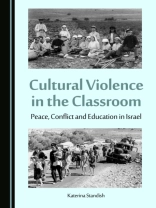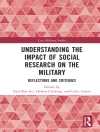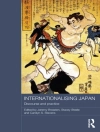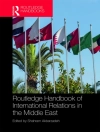In identity-based conflicts, what a person learns can become whom a person learns to hate.This book explores the unique position occupied by educators during protracted ethnic conflict. As transmitters of social authority, educators occupy a position in society capable of supporting repressive constructs or challenging social inequalities. Educators who are seen to legitimize the social order may be seen as symbolic markers of the dominant group, while educators who challenge the social order can be perceived as upstarts or threats that seek to subvert social authority. By surveying the perceptions, perspectives, experiences and opinions of Israeli tertiary teachers, this book explores the positionality of educators as agents who wield "both an instrument for oppression and a tool for liberation" (Alzaroo and Hunt 2003, 165).Peace education is a platform to achieve a global culture of peace by recognizing and delegitimizing violence. Using future visioning, this book considers that a primary obstruction to achieving peace is the ability to conceive of peace and asks three questions: do university educators challenge conflict narratives in the classroom? What obstacles exist to prevent educating for peace in Israel? How do educators imagine the future?
Luigi Esposito & Katerina Standish
Cultural Violence in the Classroom [PDF ebook]
Peace, Conflict and Education in Israel
Cultural Violence in the Classroom [PDF ebook]
Peace, Conflict and Education in Israel
قم بشراء هذا الكتاب الإلكتروني واحصل على كتاب آخر مجانًا!
شكل PDF ● صفحات 190 ● ISBN 9781443881203 ● الناشر Cambridge Scholars Publishing ● نشرت 2015 ● للتحميل 3 مرات ● دقة EUR ● هوية شخصية 4513569 ● حماية النسخ Adobe DRM
يتطلب قارئ الكتاب الاليكتروني قادرة DRM












